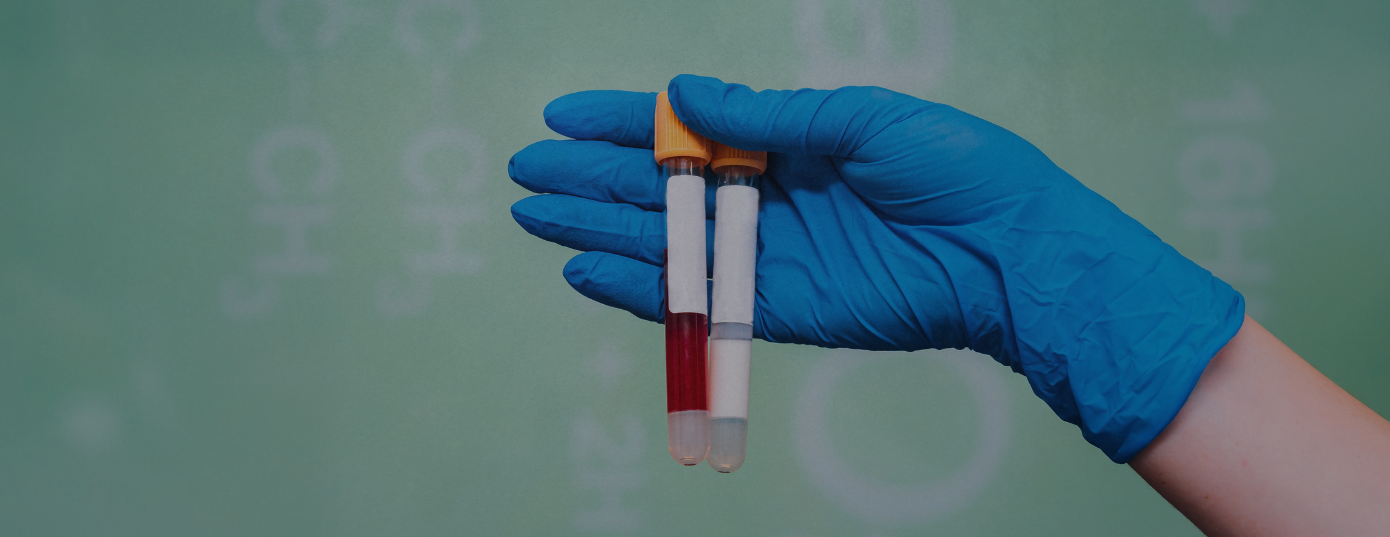Are drug tests really accurate? Is it possible to pass a drug test if I’m a regular pot consumer? Will it come out positive if I smoked a couple of months ago? If I smoke twice a week will it show up in the results? If you’re worried testing can ruin chances at a job, at university, or your future, stick with me through this incredibly important topic.
Whether we like it or not, drug testing has been normalized by certain industries. For instance, there are a huge number of reasons why a school or a company will ask you kindly (or you know, demand you) to take a drug test. It’s a little overwhelming that even as medicinal and recreational cannabis has been making a breakthrough around the world, drug tests are still incredibly requested nowadays. The only thing that’s left is knowing what they do and how they work in order to comprehend the situation so you always know what to expect.
So, there are actually a variety of drug tests. You’ve probably heard the most common ones, and if you’re unlucky, you even had to take one. Or who knows, maybe you’re in the middle of testing –if that’s the case, that’s rough, buddy. I’m here for you.
Drug Testing vs Drug Screening
Way of Leaf affirms that there’s no formally recognized definition or difference between testing and screening. However, there is a big difference.
On one hand, drug screenings are cheap, quick and simple; these three characteristics tend to be the main reason why schools and businesses choose this option. They don’t want to spend tons of money just so they know you’re clean. Sounds about right, huh? However, the downside: drug screening is prone to cast false positives. This type of body scan will look for the presence of known drug metabolites like THC-COOH, which are metabolic pathways that the body will start breaking down into smaller metabolites when consuming THC.
On the other hand, drug testing is reviewed by a third party when the individual has a positive result during the drug screening. As the result needs to be extremely accurate, the same urine, blood, hair or saliva sample that was taken before will be reviewed in a laboratory in order to look for the THC-COOH metabolites, hence taking a bit more time than a testing exam.
|
Drug Screening |
Drug Testing |
|
Will test bodily fluid or cellular tissue: urine, blood, hair, or saliva |
Will test previously scanned bodily fluid or cellular tissue: urine, blood, hair or saliva |
|
Cheap, quick, simple |
More expensive, slow, needs to be thoroughly analyzed in a lab |
|
Prone to cast false positives |
Extremely accurate results |
|
Results take within 24 hours |
Results can take up to 72 hours |
Common Types of Drug Tests
So there’s this very popular thing called the 10-panel drug test, mostly used at schools and companies that will look for the most common drugs that a person could be abusing, or simply consuming.
According to Medical News Today, this special selection will most likely include five common prescription medications and other five illicit so-called “street drugs.” Here are different ways to carry it out, explained by EMC Express Care:
Blood Test
You may have heard of blood tests, since they form a very integral part of annual physical exams. Well, some pre-employment tests will ask for one too. Companies will usually fill out a form with a set of medical exams and send you off to an analytical laboratory that will later inform them of your results.
Window of drug detection:
- Within 2 to 12 hours prior to the test.
Hair Test
Hair test is exactly what it sounds like –labs will take a strand of hair from your head, face or armpit and analyze the hell out of it. Because metabolites tend to remain in the hair until they grow, of all the testing methods this one has the longest window of detection.
Will detect:
- Amphetamines
- Cocaine
- Marijuana
- MDMA
- Opioids
- Phencyclidine (PCP)
Window of drug detection:
- Hair from scalp: 3 months
- Body hair: Up to 12 months
Oral Fluid Test
Those of us who’ve had the misfortune of getting tested for COVID-19 (or you know, by now the majority of planet Earth) know exactly what an oral fluid test is like. Your mouth is swabbed with a cottonet to collect saliva and detect concentration of oral intake of substances.
Window of drug detection:
- Approximately 24 to 48 hours after last use.
Urine Test
The classic one. You will pee in a small cup and your urine sample will be analyzed to look for metabolites. As people who consume drugs will frequently swap their sample with other clean people, the rules have changed now and there may be an observer so they can make sure the sample is being collected right.
Will detect:
- Alcohol
- Amphetamines
- Benzodiazepines
- Cannabis
- Cocaine
- Opiates
Window of drug detection:
- 30 days after last use.
Despite this statistic, the detectable time in urine may vary between users and their use of marijuana. According to Medical News Today, these are the following windows of detection for cannabis:
- 3 days for a single use
- 5 to 7 days for moderate use (about 4 times per week)
- 10 to 15 days for daily use
- 30 or more days for heavy use
If you would like to read more about how long weed stays in your system –particularly when consuming edibles–, check out this article.
What Other Drugs Can the Test Find?
I know this is an article regarding cannabis consumption, but for common knowledge, if you will, let's list the substances a 10 panel drug test will detect. Here’s information from Medical News Today for the curious ones:
- Amphetamines: meth, speed and other medications such as ritalin and adderall
- Barbiturates: amobarbital, phenobarbitol, penobarbitiol, and secobarbital
- Benzodiazepines AKA benzos: these are commonly taken as valium, xanax and ativan
- Cocaine
- Marijuana; remember, it will also detect hashish and extracts
- Opioids: smoked opium, heroin, morphine, codeine, oxycodone and hydrocodone
- Individual drugs like PCP, methadone AKA Quaaludes, and propoxyphene
The bottomline
If you’ve scrolled all the way here you probably have a general view of how drug testing and drug screening works. Whether it’s ethical or not, that’s a subject for another day; this article has been nothing but informative and for entertainment purposes only. In the meantime, make sure you know the risks of consuming drugs if you’re required to test regularly or if you’re looking for a job that will most likely require a drug screening.
Author: Mary Jane
EMC Express Care. Different Types of Drug Testing and What They Are Used For. Retrieved from https://www.emcexpresscare.com/2021/02/05/different-types-of-drug-testing-and-what-they-are-used-for/#:~:text=There%20are%20different%20methods%20for,sent%20to%20laboratories%20for%20analysis.
Mary Jane (2022). How Long Do Weed Edibles Stay In Your System? HØJ. Retrieved from https://www.hoj.life/blogs/viden/how-long-do-weed-edibles-stay-in-your-system
Medical News Today. What to know about the 10-panel drug test. Retrieved from https://www.medicalnewstoday.com/articles/326305
Vertva Health. Marijuana Detection Time. Retrieved from https://vertavahealth.com/blog/marijuana-detection-time/
Way of Leaf (2020). What’s the Difference Between a Drug Test and a Drug Screen? Retrieved from https://wayofleaf.com/detox/101/difference-between-a-drug-test-and-a-drug-screen


0 comments